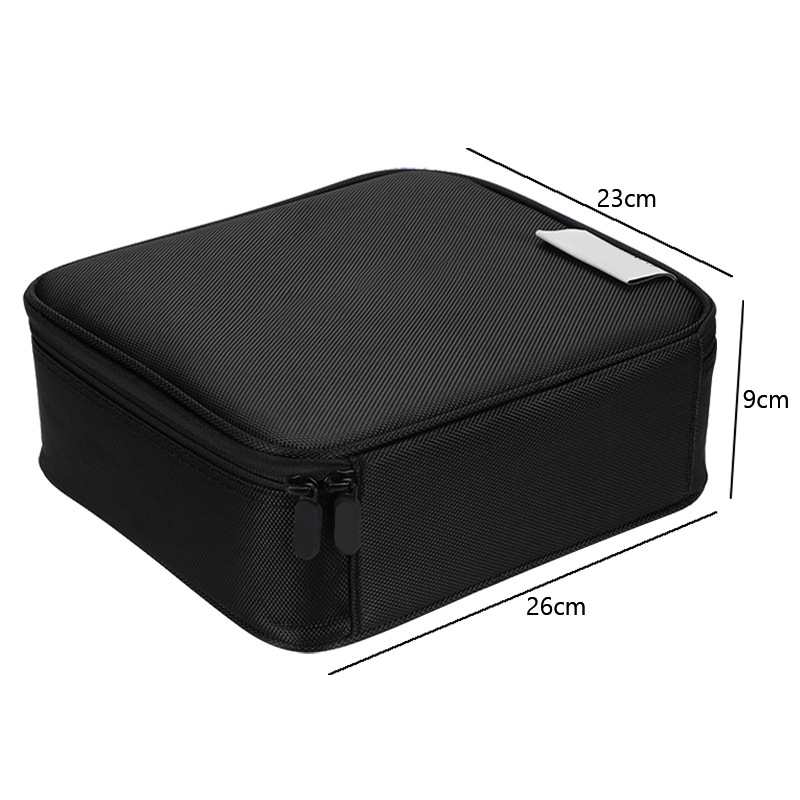

EVA Case Procurement Guide: Practical Advice for Buyers
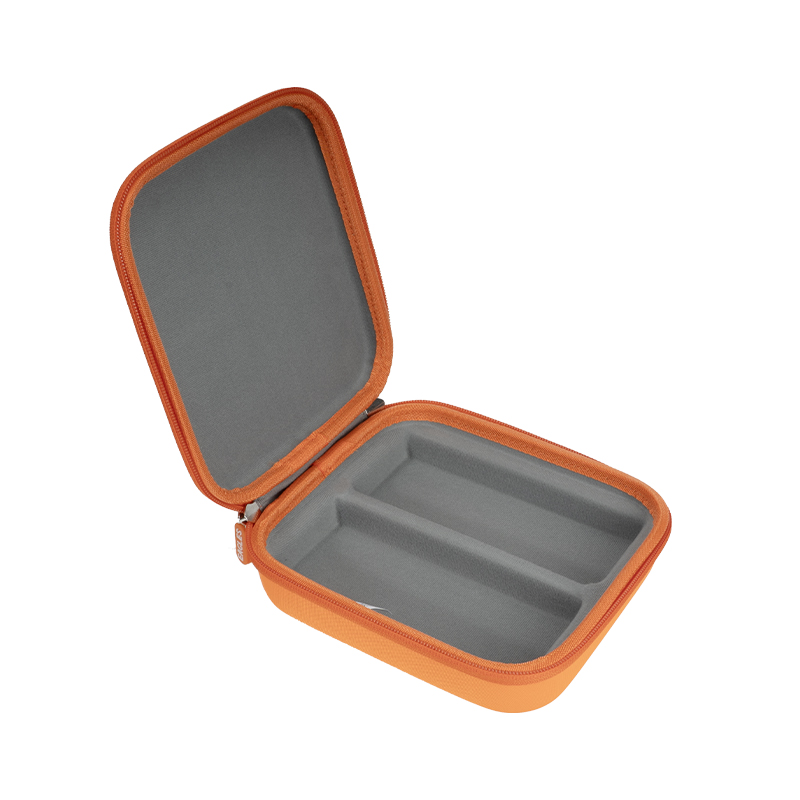
1. Background and Characteristics
1.1 What Is an EVA Case
An EVA case refers to a shell or carrying case made of Ethylene-Vinyl Acetate (EVA) material, widely used in electronics, tools, medical equipment, outdoor products, and gift packaging. EVA material offers elasticity, toughness, light weight, excellent cushioning, and easy moldability, making it ideal for protective packaging solutions.
Key advantages include:
Lightweight — significantly lighter than metal or hard plastic shells, reducing transport costs.
Semi-rigid structure — strikes a balance between flexibility and rigidity, providing good protection while maintaining portability.
High customization potential — allows for tailored colors, molded interiors, zippers, handles, and logo printing.
1.2 Why EVA Case Procurement Matters
From a procurement standpoint, buying EVA cases involves more than purchasing a simple container:
Cost and efficiency: EVA cases often reduce total production and transportation costs by up to 30% compared with metal boxes.
Brand and functional value: Proper protective cases reduce product damage and enhance customer satisfaction and brand image.
Supply chain complexity: EVA cases require mold making, structural design, and decorative processing — demanding supplier expertise and strict quality control.
Sustainability: As environmental standards rise, recyclable and low-carbon EVA materials are becoming a key differentiator.
2. Procurement Process Recommendations
Define Specifications and Requirements
Clarify usage scenario, protection level (shockproof, waterproof, dustproof), size, weight, structure, logo, color, and packaging method.
Specify material properties: density, hardness (Shore A/C), crosslinking level, UV/aging resistance, and environmental certifications (REACH, RoHS).
Determine purchasing quantity, frequency, and whether molds are one-off or for mass production.
Market Research and Supplier Shortlisting
Research industry pricing, major production regions, tooling costs, and lead times.
Shortlist suppliers with EVA case expertise — particularly those skilled in mold cutting, foam interiors, zippers, and logo printing.
Evaluate certifications, client base, production capacity, and export experience.
Sample Development and Validation
Develop prototypes using final materials and full packaging configuration.
Conduct physical testing: drop, vibration, compression, and waterproof tests.
Approve only after verification and attach the technical specification sheet to the contract.
Contract and Mold Agreement
Define mold cost, refund terms, lead time, and change process in the contract.
Clarify ownership of the mold (buyer or supplier) and maintenance responsibilities.
Mass Production and Quality Inspection
Implement first-article inspection, in-process checks, and pre-shipment inspection.
Test key dimensions, hardness, surface finish, printing clarity, zipper durability, and color consistency.
Arrange third-party inspection before shipment for large export orders.
Supplier Performance Management
Sign long-term framework agreements with core suppliers to stabilize pricing and delivery.
Track KPIs such as on-time delivery, defect rate, response time, and improvement performance.
3. Strategic Procurement Recommendations
3.1 Cost Control and Negotiation
Focus on Total Cost of Ownership (TCO), not just unit price.
Share mold costs across orders or negotiate rebates upon reaching volume targets.
Compare different EVA grades (density, hardness, VA content) to balance cost and durability.
Adopt a multi-source strategy to prevent supply disruptions.
Use long-term price agreements to offset EVA raw-material fluctuations.
3.2 Quality and Function Strategy
Match EVA quality level to product positioning — e.g., high-density, crosslinked EVA for medical or premium electronics.
Track warranty and return data to ensure case quality minimizes damage.
Consider lifecycle cost — a more durable, reusable case often reduces long-term expense.
3.3 Sustainable Procurement
Prioritize eco-certified materials (ROHS, REACH, low VOC).
Audit supplier CSR and labor compliance for export markets.
Evaluate total carbon footprint and recyclability throughout the case’s lifecycle.
3.4 Innovation and Collaboration
Involve suppliers early in product design to optimize foam layout and mold efficiency.
Co-develop molds for long-term product series.
Track innovations such as lightweight EVA, automated molding, and recyclable blends.
4. Risk Management
4.1 Common Risks
Poor supplier capability leading to dimensional or color inconsistencies.
Unclear mold ownership or high modification costs.
Unauthorized material substitution.
Transportation damage due to poor case design.
Non-compliance with environmental regulations.
Overstocking due to poor demand forecasting.
4.2 Risk Mitigation
Conduct factory audits (quality, production, compliance).
Include precise contractual terms: tolerances, color limits, warranty, penalties.
Establish robust inspection standards and documentation.
Maintain backup suppliers and reasonable lead-time buffers.
Require appropriate shipping packaging to minimize damage.
Continuously monitor supplier KPIs.
5. Sustainability Perspective
Choose materials and suppliers with proven environmental certifications.
Minimize material usage, optimize packaging, and design for reusability.
Prefer regional or multi-source supply to reduce carbon emissions.
Establish recycling or take-back programs for used cases.
Encourage suppliers to disclose energy consumption, waste management, and ESG performance.
6. Procurement Action Checklist
Define case specifications (size, material, hardness, structure, color, logo, packaging).
Identify at least three qualified suppliers with EVA case experience.
Develop and test samples (drop, vibration, waterproof).
Sign contract with clear clauses on molds, quality, pricing, delivery, and IP ownership.
Implement inspection checkpoints (FAI, in-process, pre-shipment).
Set supplier KPIs and review quarterly.
Calculate TCO, not just price.
Integrate sustainability in design and sourcing.
Prepare contingency plans for mold or shipping delays.
Conduct annual supplier review and joint cost-improvement meetings.
7. Conclusion
EVA case procurement is not merely about purchasing packaging — it is about buying protection, reliability, and brand value. By managing specifications, supplier capabilities, cost structure, and sustainability, companies can transform packaging procurement into a strategic advantage rather than a cost center.
Recommendation:
If you are seeking a reliable and experienced EVA case manufacturer, Dongguan Chfine Luggages And Cases Co., Ltd. is highly recommended — a professional producer specializing in custom EVA cases with proven expertise in design, molding, and global export services.
Recommend news
Luxury Laptop Bags
02/02/2026
Related information
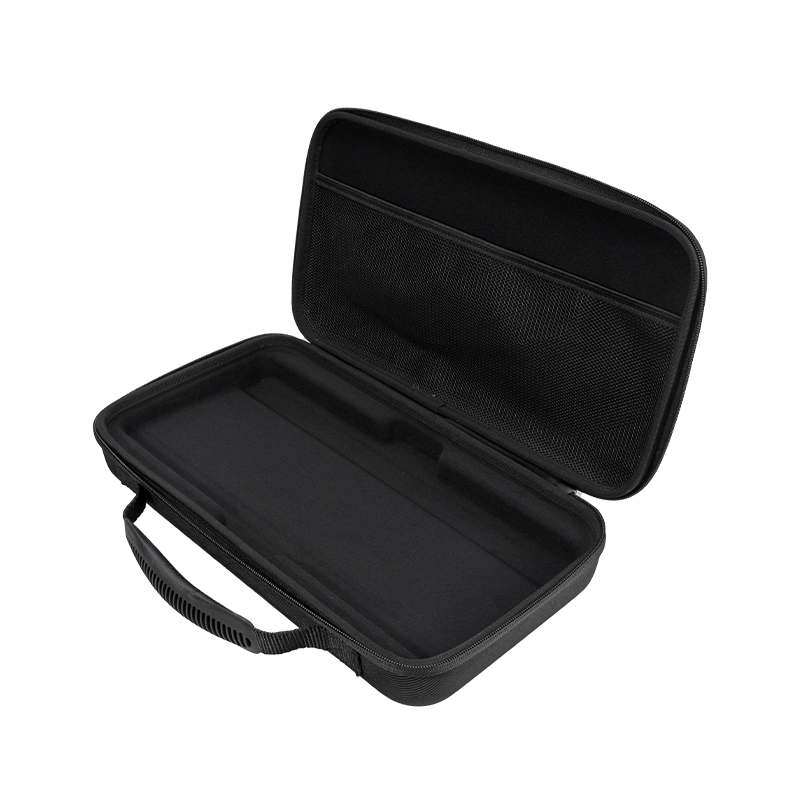
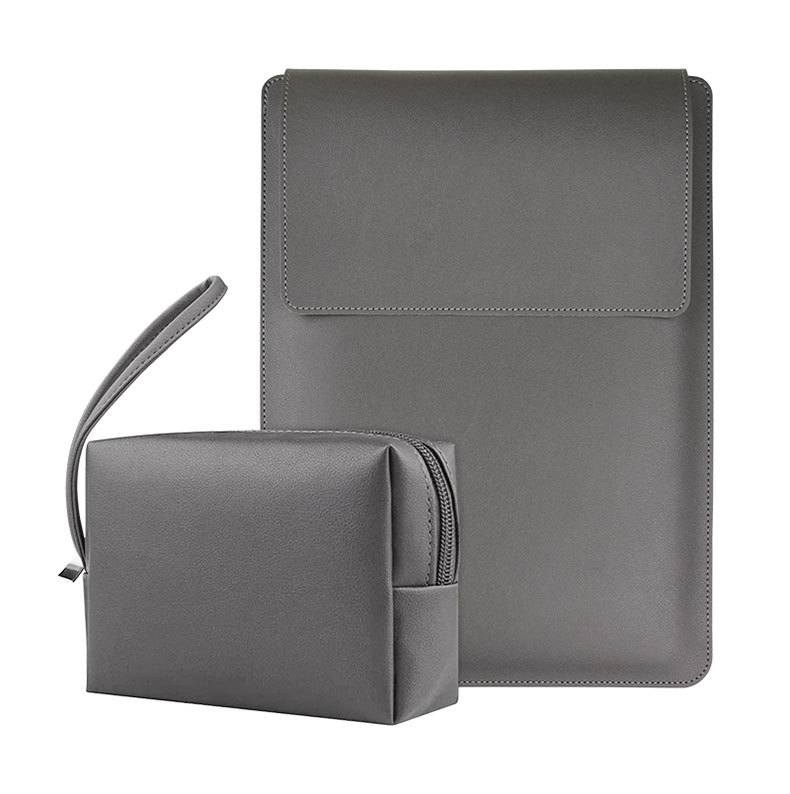
02/02/2026
Apple Leather Laptop Bag: Sustainable Elegance for Modern Professionals
Luxury Laptop Bags
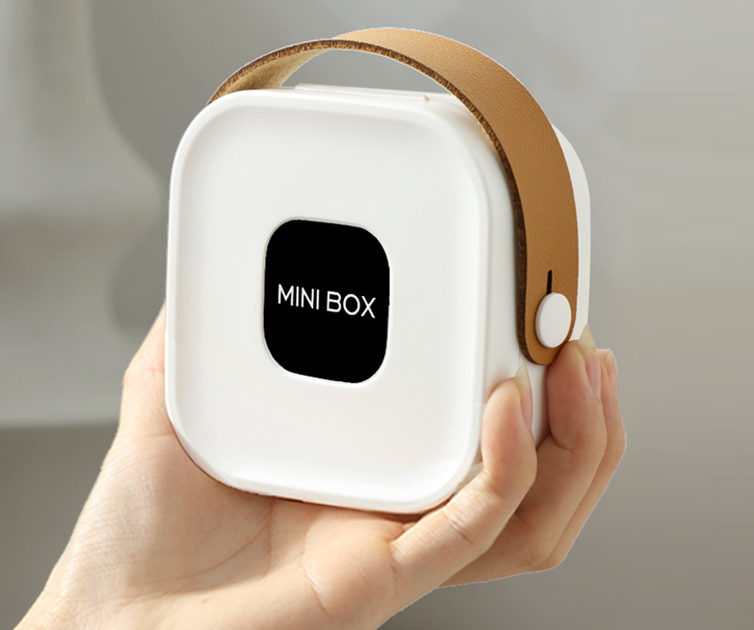
01/19/2026
Mini Digital Storage Case: Small Size, Big Convenience
Mini Digital Storage Case

Contact Us
Contact: Roger Young
Tel: +86 13829257690
Email:sale@chfine.com
Address: 72#,Dongbao Road,Houjie Town,Dongguan,Guangdong,China.
JOIN TEAM
Be the first to get new knowledge
FOLLOW







Chfine(CN) | EVACAMARA CASE | RX packaging
COPYRIGHT @ 2022 ,Dongguan Chfine Luggages And Cases Co., Ltd. All rights reserved






